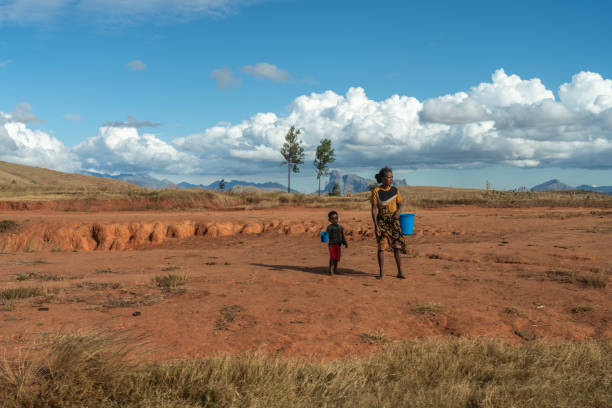About Author-Global Director ,Connected Advocacy,israel@connectedadvocacy.org.ng
As Africa Climate Week, #ACS2 opens, one pressing question lingers: Can the African Union (AU) chart a realistic and united pathway to address Africa’s climate crisis—or will the gathering become another symbolic ceremony remembered only in speeches?
The urgency is undeniable. Africa stands at the frontline of climate change, yet its fragmented approaches and weak governance systems risk undermining the continent’s ability to respond effectively. For the AU to lead meaningfully, several critical issues must be addressed:
- Building Unity of Purpose
The AU must overcome persistent disunity among member states. Africa needs a common climate position—clear, consistent, and spoken with one voice. A fractured stance diminishes negotiating power globally and weakens Africa’s ability to defend the interests of its most vulnerable communities.
- Fixing Governance and Accountability
Climate governance in Africa remains plagued by dysfunctional regulations and poor policy implementation. The AU must mobilize political will to enforce accountability, ensure that climate finance reaches impacted local communities, and dismantle bureaucratic bottlenecks that stall progress.
- Rooting Policy in Indigenous Knowledge
Africa’s traditional systems of governance, farming, and environmental stewardship offer time-tested practices for resilience. The AU has an opportunity to integrate indigenous knowledge into continental climate policy, restoring practices that align sustainability with culture and local realities
- Financing Africa’s Climate Future
A blended finance mechanism is vital to accelerate energy access, foster investment in green technology, and manage Africa’s critical minerals responsibly. Beyond external aid, Africa must invest in its own innovation finance systems, reducing dependence on the West and asserting agency in building the Africa we want.
- Coordination, Sacrifice, and Resource Management
Driving a credible African climate agenda requires sacrifice, determination, and coordinated leadership. The AU must demonstrate prudent resource management, ensuring that commitments move beyond paper and into measurable action.
Conclusion
The climate crisis presents Africa with both an existential threat and an opportunity for transformation. The AU’s role will determine whether Africa remains a passive recipient of external solutions or emerges as a leader advancing its own vision. To achieve this, Africa must unite, prioritize indigenous systems, and commit to bold, coordinated climate action.
The time for symbolic declarations has passed. What Africa needs now is an actionable, realistic climate agenda—driven not just by policy but by political courage.




